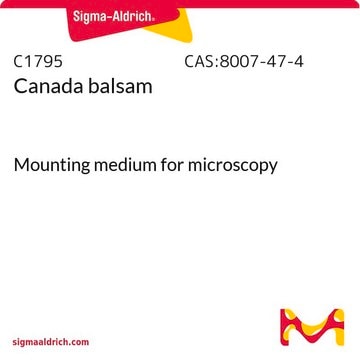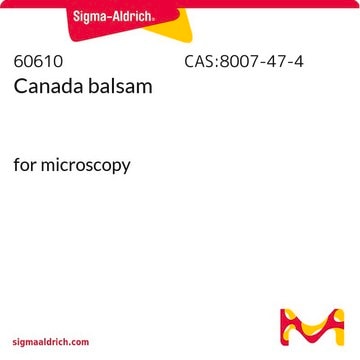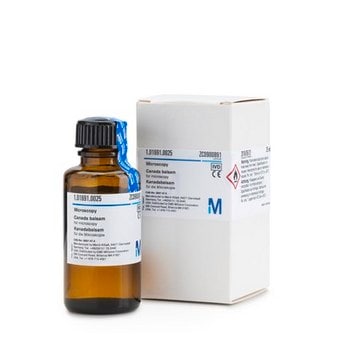413445
Mercury(II) chloride
≥98%
Synonym(s):
Mercuric chloride
Sign Into View Organizational & Contract Pricing
All Photos(1)
About This Item
Linear Formula:
HgCl2
CAS Number:
Molecular Weight:
271.50
EC Number:
MDL number:
UNSPSC Code:
12352302
PubChem Substance ID:
Recommended Products
vapor pressure
1.3 mmHg ( 236 °C)
Assay
≥98%
mp
277 °C (lit.)
SMILES string
Cl[Hg]Cl
InChI
1S/2ClH.Hg/h2*1H;/q;;+2/p-2
InChI key
LWJROJCJINYWOX-UHFFFAOYSA-L
Looking for similar products? Visit Product Comparison Guide
Certificates of Analysis (COA)
Search for Certificates of Analysis (COA) by entering the products Lot/Batch Number. Lot and Batch Numbers can be found on a product’s label following the words ‘Lot’ or ‘Batch’.
Already Own This Product?
Find documentation for the products that you have recently purchased in the Document Library.
Kshitiz Tyagi et al.
Nucleic acids research, 43(9), 4701-4712 (2015-04-15)
Maintenance of protein quality control has implications in various processes such as neurodegeneration and ageing. To investigate how environmental insults affect this process, we analysed the proteome of yeast continuously exposed to mild heat stress. In agreement with previous transcriptomics
Michael Gülden et al.
Toxicology, 332, 41-51 (2013-12-03)
In vitro generated data on toxic potencies are generally based on nominal concentrations. However, cellular and extracellular binding and elimination processes may reduce the available free fraction of a compound. Then, nominal effective concentrations do not represent appropriate measures of
Minghua Wang et al.
Aquatic toxicology (Amsterdam, Netherlands), 130-131, 123-131 (2013-02-19)
Mercury (Hg) is a widespread persistent pollutant in aquatic ecosystems. We investigated the protein profiles of medaka (Oryzias melastigma) liver chronically exposed to different mercuric chloride (HgCl2) concentrations (1 or 10 μg/L) for 60 d using two-dimensional difference gel electrophoresis
Masaro Akai et al.
Journal of bacteriology, 194(24), 6828-6836 (2012-10-09)
The moderately halotolerant cyanobacterium Synechocystis sp. strain PCC 6803 contains a plasma membrane aquaporin, AqpZ. We previously reported that AqpZ plays a role in glucose metabolism under photomixotrophic growth conditions, suggesting involvement of AqpZ in cytosolic osmolarity homeostasis. To further
Mercury-induced toxicity of rat cortical neurons is mediated through N-Methyl-D-Aspartate receptors.
Fenglian Xu et al.
Molecular brain, 5, 30-30 (2012-09-18)
Mercury is a well-known neurotoxin implicated in a wide range of neurological or psychiatric disorders including autism spectrum disorders, Alzheimer's disease, Parkinson's disease, epilepsy, depression, mood disorders and tremor. Mercury-induced neuronal degeneration is thought to invoke glutamate-mediated excitotoxicity, however, the
Our team of scientists has experience in all areas of research including Life Science, Material Science, Chemical Synthesis, Chromatography, Analytical and many others.
Contact Technical Service





